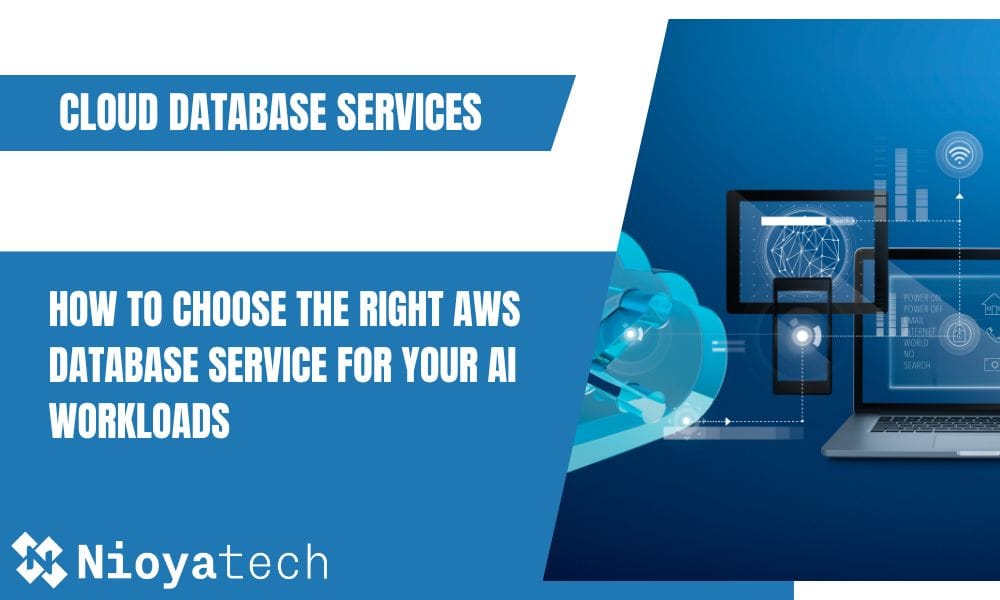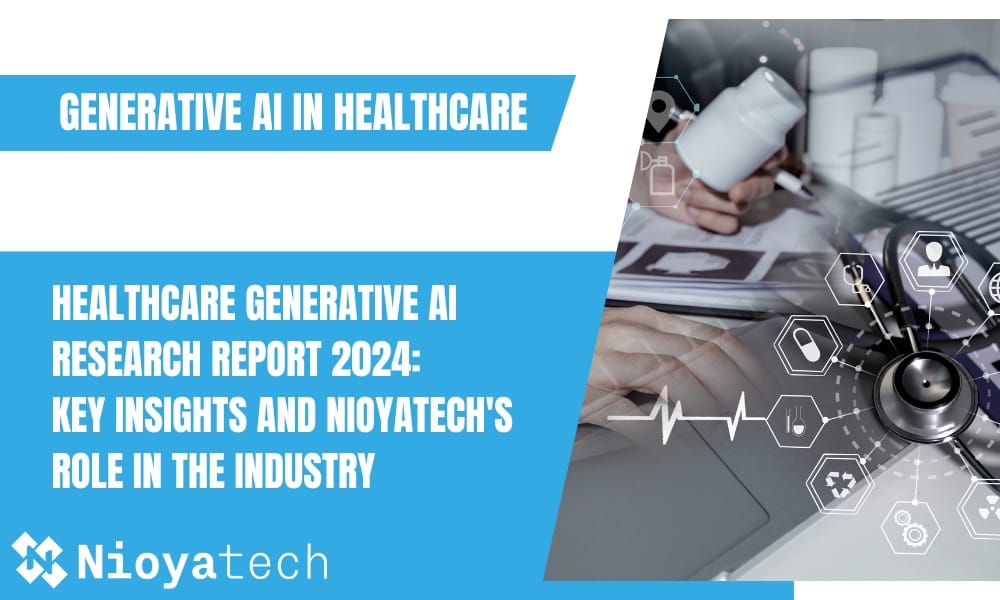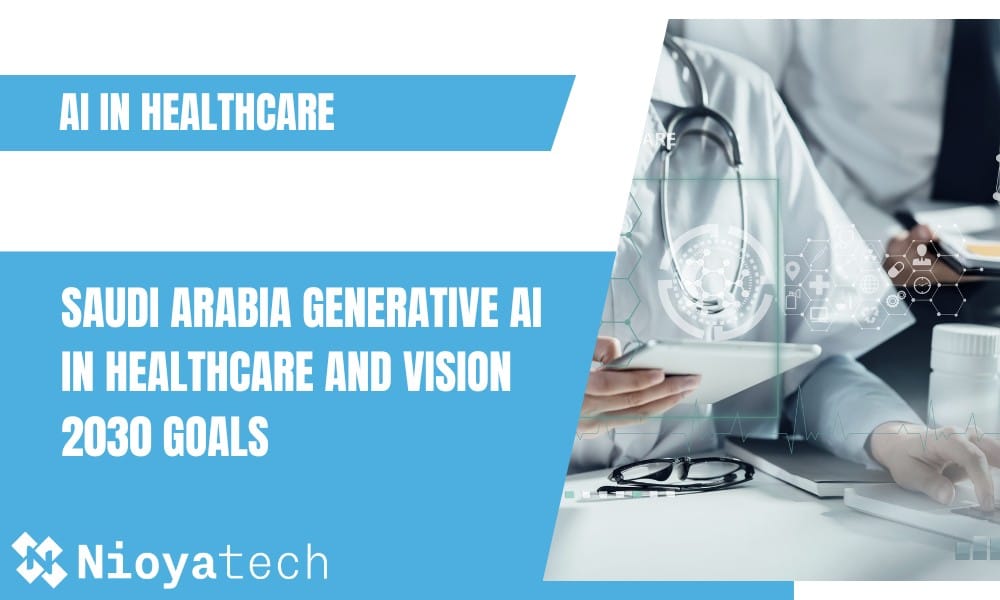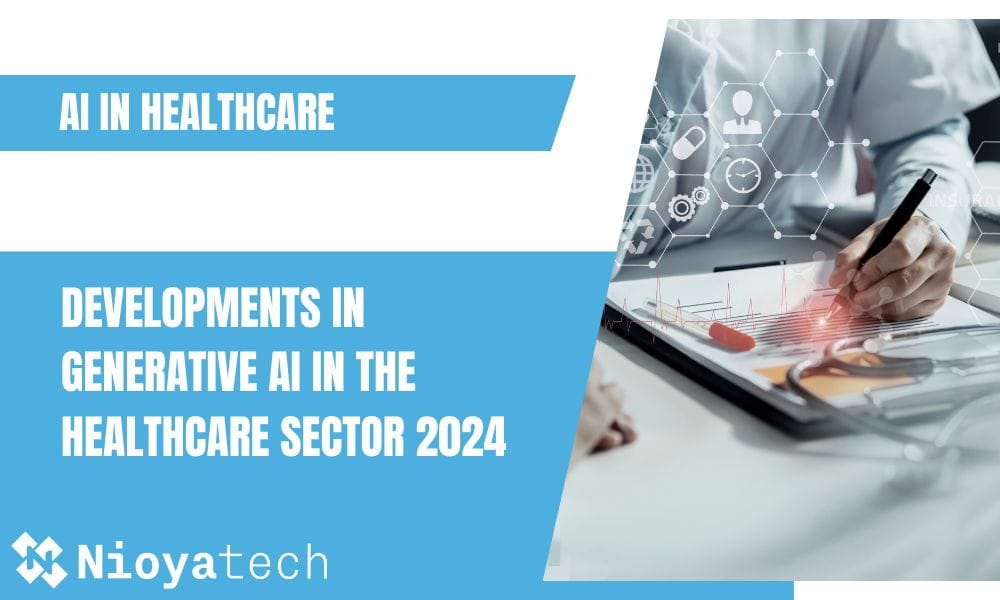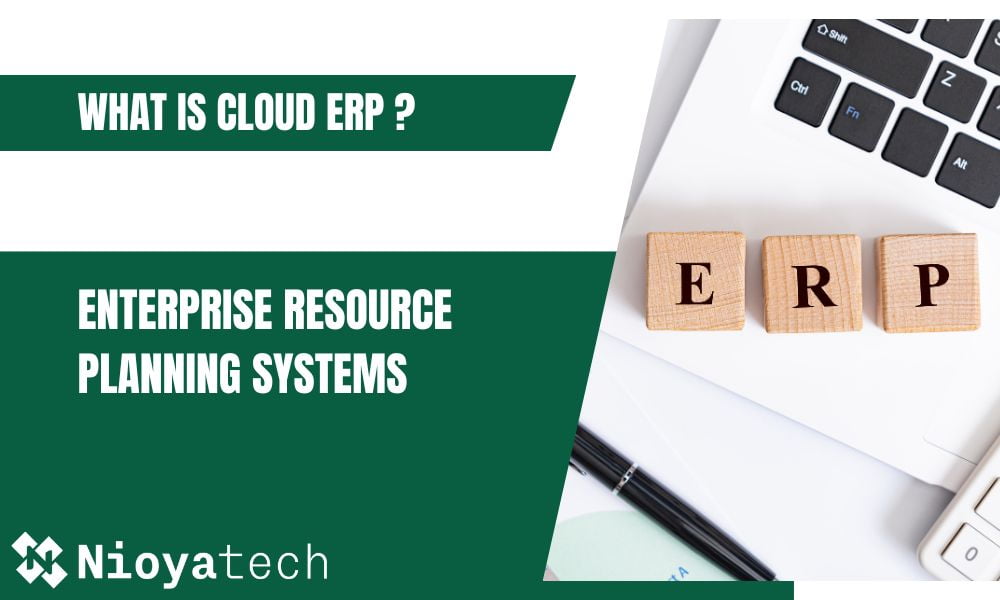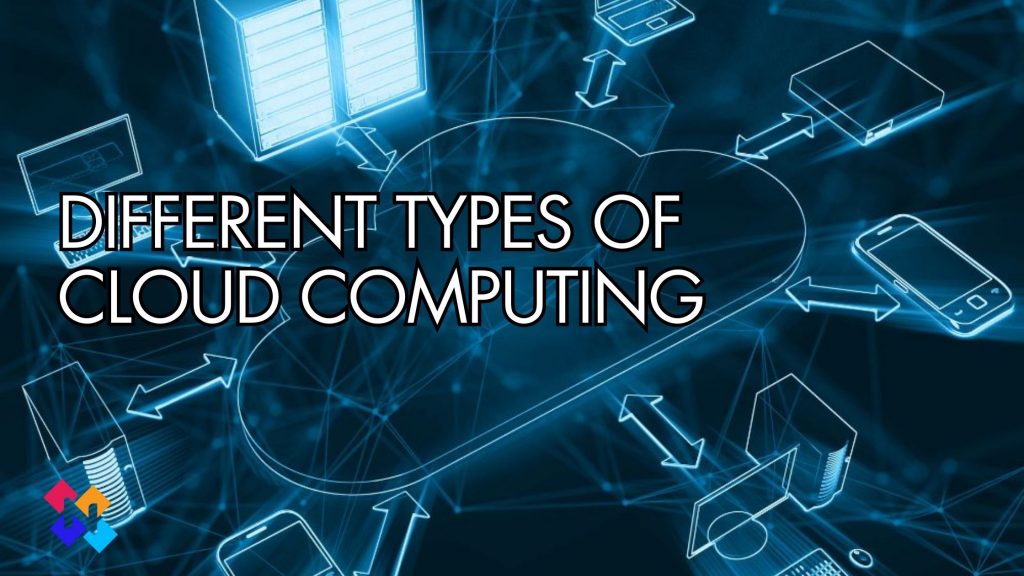As machine learning (ML) becomes increasingly prevalent in modern software development, it’s become more important than ever to establish best practices for deploying and maintaining ML models. One of the most effective ways to do this is by implementing DevOps principles in machine learning, also known as MLOps.
Organizations are constantly seeking efficient ways to manage and scale their ML projects. This is where MLOps tools come into play. MLOps tools can handle a wide variety of tasks for a machine learning team.
In this article we will explore MLOps practices with MLOps tools on the market, and how they can simplify ML processes, ultimately boosting productivity and accelerating innovation.
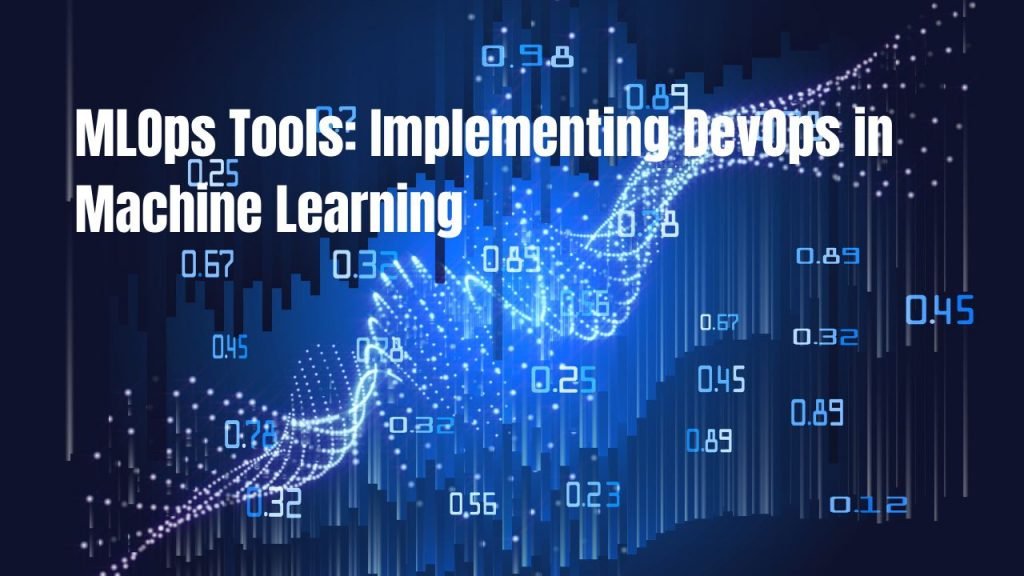
Machine Learning and Artificial Intelligence
MLOps is popular because, as you could have guessed, it has a lot of benefits. The major benefits of MLOps are efficiency, scalability, and risk reduction. MLOps tools allow data teams to create models faster, deliver ML models of greater quality, and deploy and produce models more swiftly. MLOps tools serve as the backbone of ML workflow, offering a wide range of capabilities designed to optimize the entire ML lifecycle.
There are also some challenges when integrating DevOps methods into the ML lifecycle as part of MLOps. But before diving deep into MLOps tools, let’s talk about artificial intelligence a little bit more.
Global markets and businesses of all sizes are being transformed by artificial intelligence. This transition will develop into a silent revolution over the following year. The adoption of AI governance and ethics frameworks and reporting, along with other advancements, will make machine learning and AI an integral part of what constitutes a successful enterprise.
These advancements include rapid progress in areas of fundamental AI research, including ML algorithms and deep learning models. Organizations may fully benefit from machine learning while also assuring the security, accuracy, and reliability of their models by employing MLOps principles.
What is MLOps?
MLOps is a set of practices and technologies that brings DevOps principles to the world of machine learning. By combining the automation and collaboration of DevOps with the specialized needs of ML, MLOps enables teams to deploy and maintain ML models at scale, while ensuring that they are reliable, accurate, and secure.
For the development and improvement of ML and AI solutions, MLOps is a helpful framework. By utilizing continuous integration and deployment (CI/CD) procedures with appropriate monitoring, validation, and governance of ML models, data scientists and machine learning engineers can work together and accelerate the speed of model creation and production by using an MLOps approach. If you want to learn more check this out: “7 Reasons to Adopt MLOps in 2023”
So, What is DevOps?
MLOps is a team effort that frequently includes data analysts, development and operations engineers, and of course software engineers. As was already mentioned, the acronym MLOps stands for Machine Learning Operations like DevOps; Development and Operations.
So, let’s start with what is DevOps?
The development of cooperative tools and methods for producing better apps more quickly has led to the rise of DevOps. It’s all about collaboration in DevOps. To create a team that supports one another throughout the SDLC process, the development and operations teams work together.
Developers may maintain quick delivery of fixes and updates by a CI/CD pipeline in application development. We may claim that CI/CD is the cornerstone of DevOps automation as it is one of the most important developments in the software development industry.
CI/CD Pipelines in Machine Learning
MLOps enables closer coordination between data and software teams, lessens friction with devops, and speeds up release velocity with the help of ML pipelines.
Implementing ML pipelines, a fundamental tool for managing and automating the end-to-end process of designing, testing, deploying, and monitoring ML models, is a key component of MLOps.
MLOps tools integrate seamlessly with CI/CD pipelines when working with complicated models that require considerable data pretreatment and training. It is extremely important for teams to optimize their workflow and limit the possibility of errors.
Teams can reduce time to market and increase the dependability and quality of their models by automating these procedures and establishing a uniform pipeline for model development and deployment. Creating effective ML pipelines is easy with MLOps tools, and businesses that use them see considerable increases in productivity and efficiency.
Implementation of MLOps
A key component of MLOps is automation, which enables teams to optimize the ML workflow and lower the risk of mistakes. This includes employing MLOps tools like CI/CD pipelines, containerization, and infrastructure-as-code (IaC) technologies to automate data preprocessing, model training, and deployment processes.
Here are some key practices to consider when implementing MLOps:
Version Control
Version control is essential for any software development project, including ML/DL implementation. By using version control, data scientists and developers can track changes to the code, models, and data used in the machine learning process. This allows teams to collaborate more effectively, reproduce experiments, and audit the results of the model.
Git is a popular version control system that can be used in MLOps. By using Git, teams can version control both the code and the data, ensuring that the model is built on a consistent and reproducible foundation.
Automated Testing
Automated testing is an essential part of the quality assurance process, and it’s just as important in MLOps. Automated testing helps ensure that the model is accurate, performs well, and is robust to changes in the data.
There are several types of tests that can be performed on a ML model, including unit tests, integration tests, and performance tests. Unit tests ensure that individual components of the model are working correctly, while integration tests ensure that the model works as expected when different components are combined. Performance tests measure the accuracy and speed of the model.
Continuous Integration and Deployment
MLOps tools for Continuous integration and deployment (CI/CD) are a cornerstone of MLOps. By automating the build, test, and deployment process, teams can ensure that changes are deployed quickly and efficiently, without sacrificing quality.
In MLOps, CI/CD can be used to automate the model training process, ensuring that the model is retrained on a regular basis with the latest data. This can help ensure that the model remains accurate over time, even as the underlying data changes.
Monitoring and Logging
Monitoring and logging are essential for ensuring that ML models are reliable and accurate. By monitoring the performance of the model and logging its behavior, teams can quickly identify and respond to issues.
Monitoring and logging MLOps tools can be used to track key metrics, such as accuracy and performance, as well as to identify anomalies and errors. This can help teams to identify issues before they impact users, and to quickly respond to any issues that do arise.
Security and Compliance
In MLOps, security and compliance can be addressed through practices such as access control, encryption, and data anonymization. By using MLOps tools teams can ensure that their models are secure and compliant with relevant regulations, such as GDPR or HIPAA.
MLOps’ key advantages are efficiency and scalability. Efficiency is provided by many MLOps tools, which enables data teams to produce higher-quality ML models, deploy them more quickly, and manufacture them more quickly.
Additionally, it offers extensive scalability and management, allowing for the auditing, managing, and monitoring of thousands of models for delivery and continuous deployment. MLOps tools make it possible for ML pipelines to be replicated, facilitating closer cooperation amongst data teams.
Benefits of MLOps Tools
Deploying and managing machine learning models at scale is one of a significant challenges in big data analytics. MLOps practices provide solutions for automating model deployment, versioning, and monitoring. These practices ensure that models can be deployed efficiently on big data platforms, and their performance can be continuously monitored and optimized as new data becomes available.
MLOps tools make it feasible for IT engineers, operations specialists, and data teams to collaborate. With the aid of monitoring, validation, and management tools for ML models, it also accelerates the development of the model and its deployment.
Increasing Customer Value
While DevOps part focuses on engineers planning IT operations for deployment and maintenance, MLOps tools provide data scientists with a comparable set of advantages.
Data scientists, ML engineers, and application developers can concentrate on delivering value to collaboration customers thanks to MLOps tools.

Lifecycle Management for Acceleration Through Machine Learning
MLOps tools, allow data processing teams, analysts, and IT engineers to collaborate. With the aid of monitoring, approval, and management tools for machine learning models, it also hastens the creation and deployment of new models.
You may rapidly and unassisted deploy highly accurate models with the aid of the MLOps solution. Additionally, you may benefit from managed CPU and GPU clusters, automated scaling, and distributed learning in the cloud.
Scalable Implementation of ML Models
Machine learning systems have typically been assembled manually and are prone to mistakes. It is probable that data scientists will construct models in their preferred contexts before giving them to computer programmers to execute in a different language, such as Java.
As the programmer cannot understand the nuances of the modeling technique or the hidden packages employed, this is very error-prone. Every time the underlying modeling system needs to be upgraded, it also necessitates a lot of labor.
MLOps tools help to implement CI/CD pipelines when automating the deployment process.
Popular MLOps Tools
MLOps tools streamline the management of underlying infrastructure, making it easier to provision resources, manage dependencies, and ensure consistent environments for ML development and deployment.
There is also a lot of organizational support for and interest in the development community for open source MLOps tools like Kubeflow and MLFlow. These tools offer extensive documentation, active communities, and regular updates driven by user contributions.
Here are some of the most popular MLOps Tools:
TensorFlow Extended (TFX)
A popular open-source framework for creating scalable and functional machine learning pipelines is TFX, created by Google.
It offers a set of reusable parts that make it easier to ingest data, do preprocessing, train models, and serve predictions. TensorFlow and other well-known ML frameworks are easily integrated with TFX, allowing for end-to-end automation and deployment.
TensorFlow Extended multiple machine learning, deep learning algorithms and models. It allows you to use Python for machine learning and offers a front end API for building applications.
Kubeflow
Kubeflow is an open-source MLOps tool built on Kubernetes, offering a scalable and portable solution for ML workflows. It provides features like distributed training, hyperparameter tuning, and model serving.
Jupiter interactive notebook creation and management are available through Kubeflow. allowing for the customization of the distribution of the same computing resources as well as different computing resources to meet the demands of data science. As a result, it’s simple to test out local procedures before deploying them to the cloud as required.
a unique TensorFlow training job operator is provided. A ML model can be trained using it. In particular, distributed TensorFlow training jobs can be managed through the Kubeflow job operator. Power can adapt to different cluster sizes by configuring the training controller to use CPUs or GPUs.
Kubeflow enables the export of trained TensorFlow models to Kubernetes via a TensorFlow Presentation container. In order to maximize GPU utilization when deploying ML/DL models at scale, Kubeflow is also integrated with Seldon Core, an open-source framework for implementing machine learning models in Kubernetes, and NVIDIA Triton Inference Server.
MLflow
Developed by Databricks, MLflow is a comprehensive platform for managing the ML lifecycle. It offers components for experiment tracking, model packaging, and deployment across different frameworks and cloud platforms.
MLflow keeps logs of all your work during model development. It keeps track of the previous data from the models you run with hyper-parameters.
You may keep track of your model’s performance measures and values. The model is saved by MLflow so that it can be used in a real-world setting. You can transfer the model’s environment data to the live environment by saving it.
Seldon
Seldon (or Seldon Core) is an other open-source MLOps tools that specializes in model serving and monitoring. It provides a scalable infrastructure for deploying models as microservices, with built-in monitoring and explainability capabilities.
You may create high-performance inference pipelines that allow synchronous and asynchronous request flows for your inference components using Seldon Core, which makes use of streaming technologies like Kafka. A broad variety of model artifacts and bespoke models may be readily operated side by side on industry-leading model servers, such as NVIDIA Triton and Seldon’s MLServer, thanks to the open and flexible design.
Neptune.ai
Neptune.ai is a cloud-based experiment tracking and collaboration platform specifically designed for machine learning (ML) projects. It provides a centralized hub for data scientists and teams to manage, organize, and track their ML experiments, making it easier to reproduce and share results, collaborate with colleagues, and streamline the entire ML workflow.
Neptune.ai integrates seamlessly with popular ML frameworks like TensorFlow, PyTorch, scikit-learn, and others. It captures experiment details and metrics automatically, reducing manual effort and ensuring accurate tracking.
AWS SageMaker
AWS SageMaker is an AI service that enables developers to build, manage, and train AI models. SageMaker leverages the power of AWS, specifically its scalable rendering, storage, networking, and pricing capabilities, to accelerate the creation of machine learning models. The distribution offers an all-inclusive end-to-end solution that includes training models, execution environments, and development tools.
Using a centralized, debugged model, AWS SageMaker offers managed services such as model maintenance and lifecycle management. Customers can choose from a variety of models, including personalized models on the market.
Feast
Feast is an open-source feature store designed to simplify feature management and serving in ML pipelines. It provides a centralized repository for storing, discovering, and serving features that are used for training and serving ML models.
Feast supports real-time and batch feature ingestion and integrates with popular data storage systems like Apache Kafka, BigQuery, and Apache Hive.
MLOps Best Practices
In order to test, deploy, manage, and monitor ML models in actual production, we need to build best practices and tools as machine learning and AI become more prevalent in software products and services. In short, the aim of MLOps is to prevent technical debt in ML applications by providing a robust and standardized framework for model development and deployment, enabling teams to build more reliable and scalable machine learning applications.
At NioyaTech, we specialize in assisting businesses with the adoption of MLOps and DevOps principles to accelerate machine learning workflows and improve business results. Our team of specialists has extensive experience in data science, software engineering, and operations.
We collaborate closely with our clients to create solutions that are specifically adapted to their individual requirements. We have the experience and knowledge to support you in achieving your objectives, whether you’re wanting to optimize your DevOps procedures, increase the accuracy and consistency of your models, or streamline your machine learning workflow.
To find out more about how MLOps and DevOps may help you revolutionize your company, get in touch with us right away.

